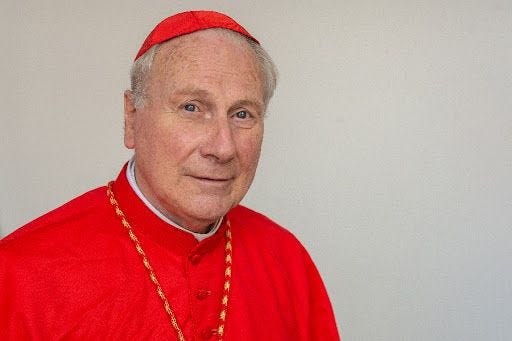‘A need for Islamic ecumenism’: An interview with Cardinal Fitzgerald
A cardinal, with decades working and praying with Muslims, talks about interreligious conversation.

When Cardinal Arthur Roche received the red hat on Aug. 27, he became the third living English cardinal.
Many Catholics could name a second one: Cardinal Vincent Nichols, the current Archbishop of Westminster and president of the English and Welsh bishops’ conference.
But they might struggle to name the third. That’s probably because he is living in retir…
